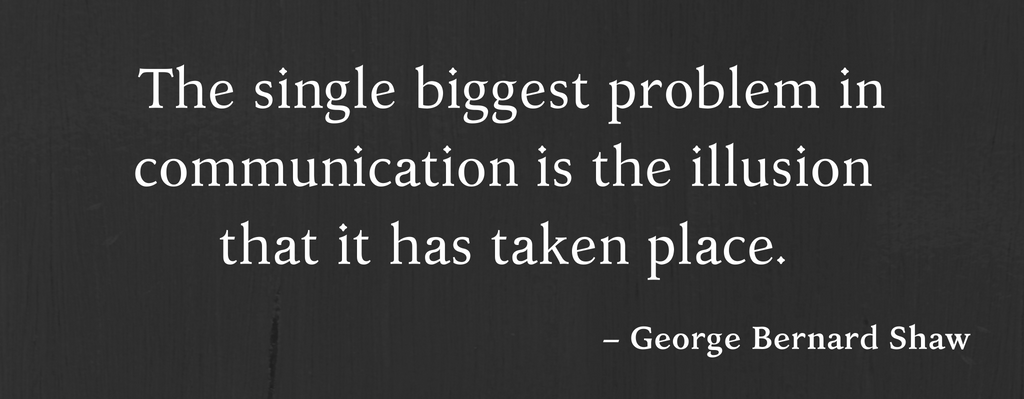
An awareness of the need for scientists of all stripes to communicate effectively has created a boom in science communication training programs. The diversity of training styles -- in length, in method, in focus -- raises the question: What works? How do we tell if training actually results in scientists with the ability to communicate science to non-scientists? This site is a clearing house for the latest research evidence about what goes into science communication training methods that work, and methods for assessing them.
@AvivSharon @ayelet_bt @BLewenstein Not sure what I mean by “anectdotal”, hence the questions. I don’t mean systematic qualitative research. My experience mostly quantitative, so often unsure how to evaluate qualitative. Regardless of data type I’m rarely confident about small samples #scicommevidence #scicomm
In my continuing #scicomm series of primary lit, here's a cool 2016 paper by @bhundey et al. on the attitudes & need for scicomm training for grad students. TLDR; grad students need & want more training & opportunities for #scicomm. #scicommevidence
https://aslopubs.onlinelibrary.wiley.com/doi/epdf/10.1002/lob.10151
Not necessarily #SciCommEvidence, but here's @JohnBesley, @addudo, @ShupeiYuan, & @Niveena's interesting findings of the mismatch of objectives between scientists and trainers for #SciComm training workshops!

Qualitative Interviews With Science Communication Trainers About Communication Objectives and Goals...
Qualitative interviews with science communication trainers (n = 24) on the role of objectives and goals in training ...
journals.sagepub.com
For an interesting approach to quantifiying "jargoness" in #scicomm, have a look at this 2013 paper on "Measuring Mumbo-Jumbo" by @AvivSharon and @ayelet_bt: http://ow.ly/7FFH30lNo2h #scicommevidence
Contact Us
| Phone: | (860) 486-4502 |
|---|---|
| E-mail: | margaret.rubega@uconn.edu |
| Address: | 75 North Eagleville Rd. U-3043 University of Connecticut Storrs, CT 06269 |